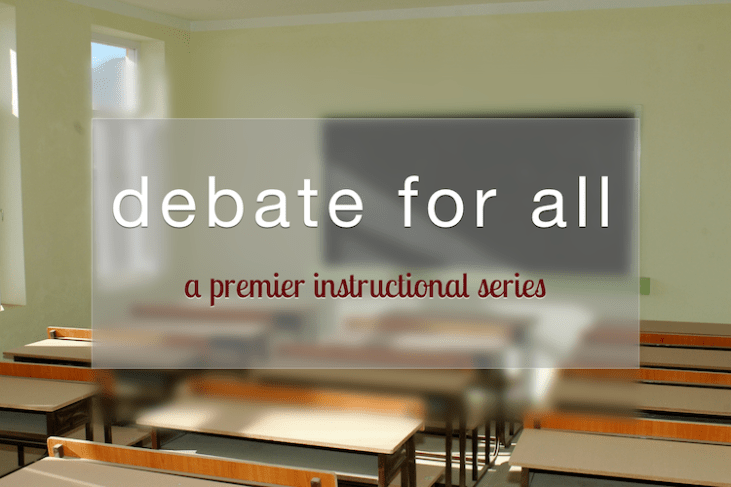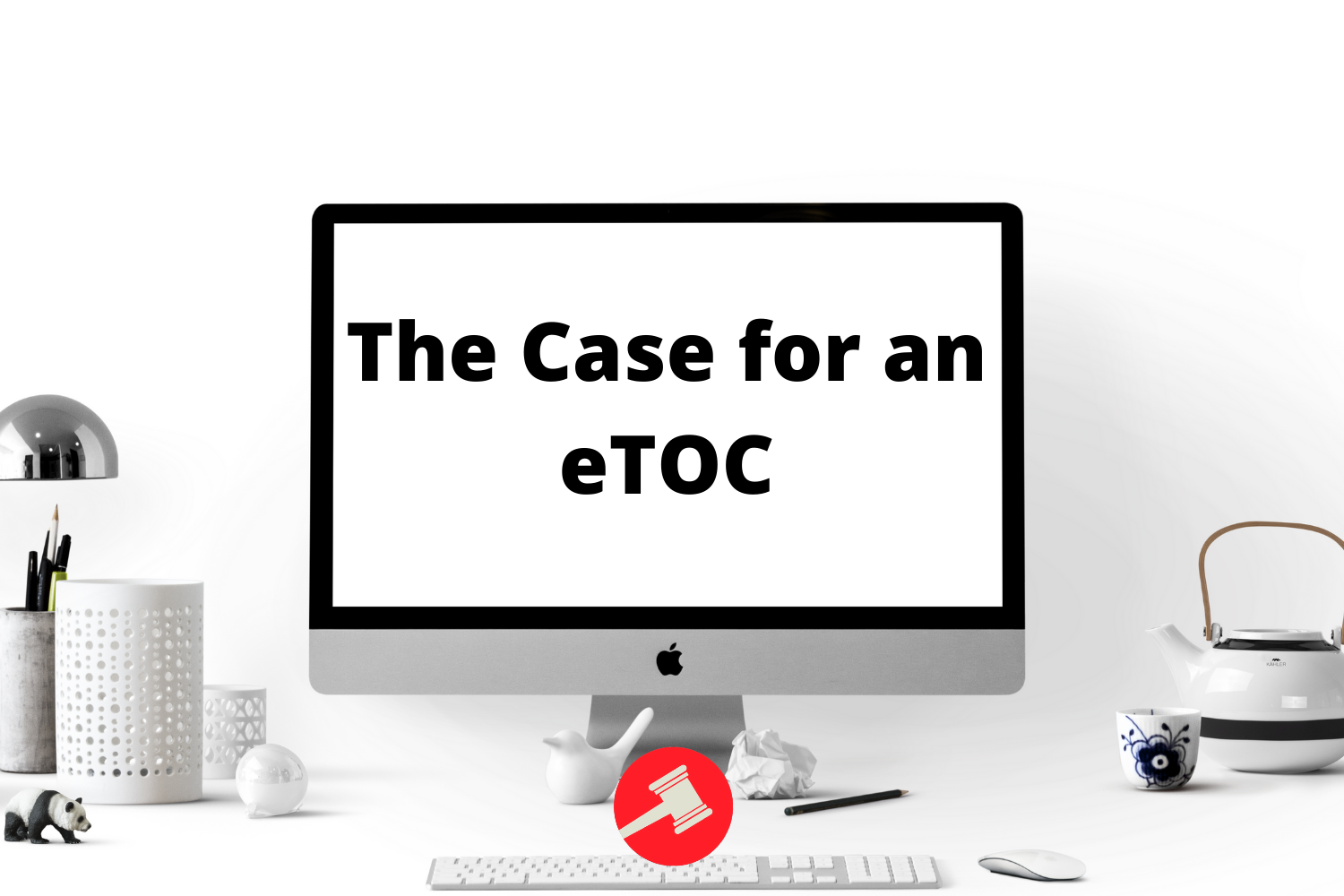How to Answer Narrow Plans (Kenan Anderson)

How to Respond to Narrow Plans
On a topic as broad as the current one there is no shortage of narrow plans. From specifying military regimes to types of aid, the number of affirmatives is incredibly broad. However, too often debaters hitting these affirmatives seemed to be locked into a strategy of reading a T shell and/or a generic kritik (especially against new affs that are narrow plans). While that strategy can be effective and valuable, it should never be your only option. So here are some tips on how to respond to specific affirmatives without having to write detailed case-negatives to every authoritarian regime. (Conversely, if you’re reading a specific affirmative, here’s what to look out for.)
1] Advantage Counter-Plans
Many specific affirmatives do good jobs finding unique advocacies but few do the work of finding really unique impacts. Having an advantage counterplan for the three or four most common impacts can be a huge way to help level the playing field in a debate. These often can be semi-tailored pre-round to the specific country as well. For example, a counter-plan about the most effective way to promote democracy or improve human rights in any given country could easily be leveraged against many affirmatives with authoritarianism or human rights impacts. An additional benefit of advantage counter-plans is that they’re often able to recycled if a similar topic arises. On Nov/Dec last year I often read a climate change advantage CP that had originally been written for the nuclear power topic two years ago. However, make sure if you’re reading an advantage counter-plan to invest in establishing competition through disadvantages and turns to the affirmative case.
2] PICs and/or Process CPs
Another strategy is to cut generic PICs or Process CPs that answer all or most affirmatives. These counter-plans are more popular but face more serious theoretical objections. However, PICs such as ending all aid except for intelligence aid, health aid, etc can be very effective against narrow plans. However, make sure you’re rock solid on the mutual exclusivity and competition of the PIC. Many times affirmatives can be clever and shifty in the 1AR and explain that the PIC is really the affirmative or vice versa. Using CX and high-quality evidence to establish how the PIC competes is critical in the PIC debate. Also, dust off and update your PICs good theory. You’ll need it.
3] Impact Turns
Impact turns are an underutilized strategy in LD. While there are obviously some impacts that you should not impact turn under any circumstances, others I think are more fair game. These are especially effective if you want to read T or a kritik but still are looking for shorter but effective case-level offense. While you need to be wary of making sure you don’t double turn yourself, the major benefit of impact turns is that you gain offense while still conceding the affirmative solvency. On this topic, I would definitely recommend having impact turns for both U.S Heg good/bad and China Heg Good/bad.
4] Case Debate
Too often case debate is neglected in LD, but I think it can be specifically helpful against hyper-specific affirmatives. Similar to the point I made about unique impacts, I think specific affirmatives are often less than prepared on the case debate because they don’t expect anyone to engage there. A well cut generic turn about military aid combined with some thoughtful analytic arguments can really force the 2AR into a tough spot. I’d especially encourage debaters to interrogate the impact scenarios in many affirmatives. Ask yourself questions such as whether the affirmative has done enough work to establish the uniqueness(or brink) of the impact as well as if there are other alt causes or reasons the status quo might solve. Some close scrutiny of evidence and impact scenarios will often find affirmative advantages to be less rock solid than they may seem at first.
Conclusion
Now obviously you probably won’t be able to (nor should you) employ all of these strategies at once against every narrow plan. However, I think debaters benefit from having a diverse toolbox of responses instead of being pigeonholed into specific strategies. Additionally, none of these strategies should serve to fully replace the need for in-depth research and case negs against a narrow plan. If you have the resources/time prepping out narrow plans with specific turns and disadvantages is a hard strategy to beat. But, reality has constraints and I hope some of the strategies outlined above help you walk into your next neg round confident and prepared.


